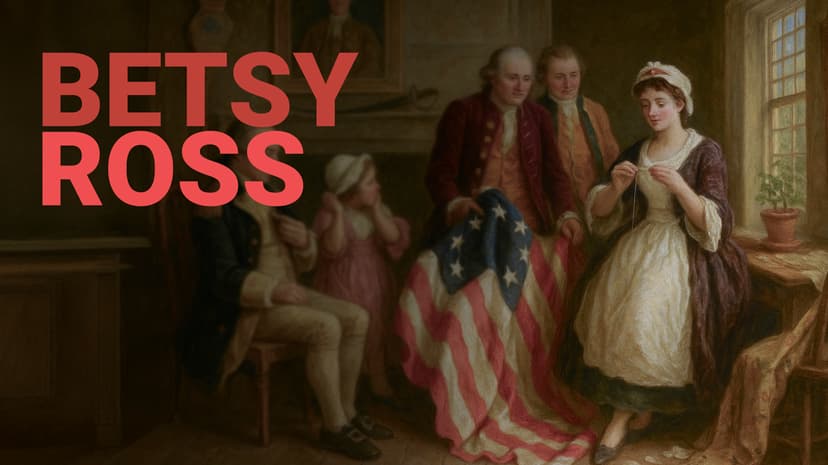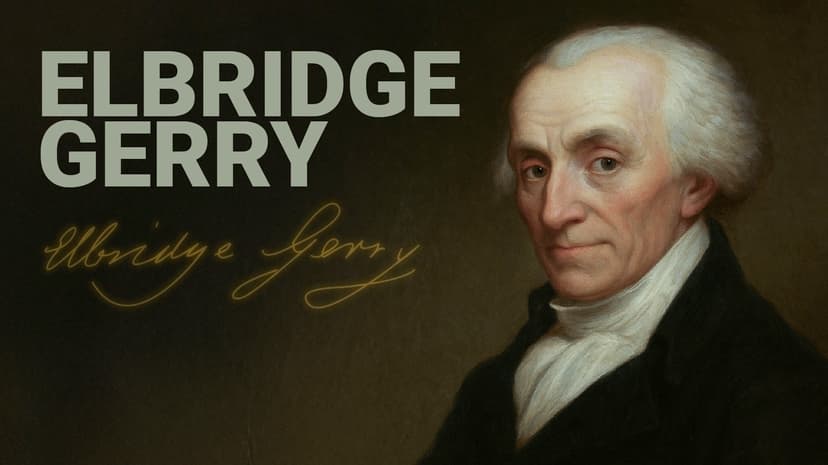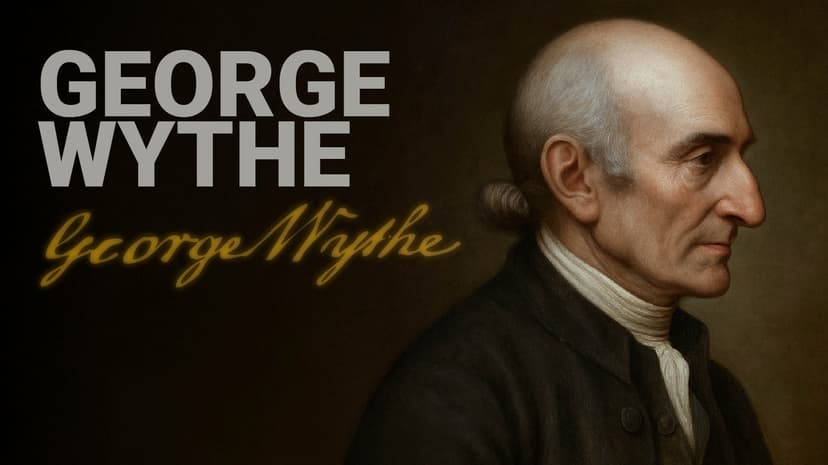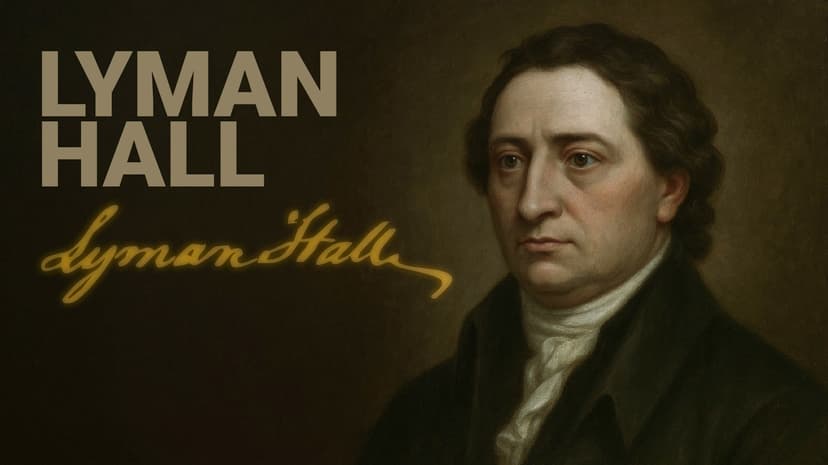Did this video impact you? Help us impact others!
Road to Liberty: Stephen Hopkins
Jun 12, 2025
·Stephen Hopkins, born on March 7, 1707, in Providence, Rhode Island, was a leading figure of early American patriotism and a respected legal authority.
Though he had no formal education, Hopkins was a naturally gifted intellect who taught himself surveying and other practical sciences. A committed student from a young age, he began public service at 23 as a justice of the peace, quickly earning a reputation for competent leadership. He also became a successful merchant and amassed significant land holdings, expanding his influence in Rhode Island.
Before the Revolution, Hopkins rose through colonial government ranks, serving as justice, and later chief justice, of the Rhode Island Supreme Court by 1751.
As colonial governor, he supported British efforts during the French and Indian War while taking unorthodox positions for the time, notably advocating to ban the importation of slaves into Rhode Island.
He played a central role in the aftermath of the 1772 Gaspee Affair, in which colonists burned a British naval ship. Hopkins and other sympathetic officials helped ensure no colonists were indicted, shielding Patriots from British retaliation.
A vocal critic of British overreach, Hopkins was chosen as one of Rhode Island’s two delegates to the Continental Congress. Despite suffering from palsy, which caused his hand to tremble, he signed the Declaration of Independence at age 69, declaring, “My hand trembles, but my heart does not.”



















